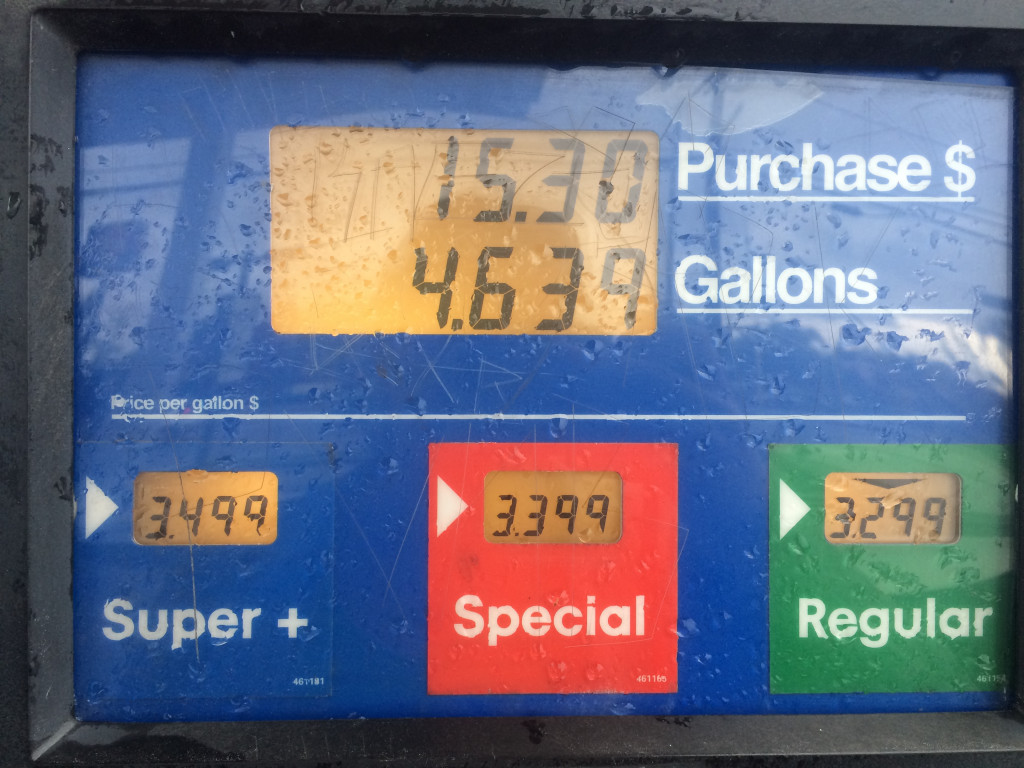- 8% of Americans don’t own cars, while the other 92% do, resulting in 285 million cars emitting greenhouse gases and pollutants.
- The transportation sector emitted six billion tons of GHGs in 2021, contributing to climate change and global warming.
- Gasoline is a non-renewable resource, leading to fuel consumption and emissions.
- Manufacturing cars require vast resources, while regular maintenance helps reduce emissions.
- Making smart choices about car usage can help reduce environmental impacts, such as purchasing electric or hybrid vehicles and more.
People strive to live more sustainably as the world becomes more environmentally conscious. However, your vehicle is one aspect of your life that often goes overlooked. While owning a car may seem necessary, the truth is that the car you own may be doing more harm than good.
How Many Americans Own a Car?
It’s estimated that only 8% of Americans don’t have a car. The remaining 92% of Americans own and drive cars. That means that out of the 327 million people in the United States, 285 million are using cars and pumping pollutants into our environment.
What Are The Environmental Impacts Of Owning A Car?
The environmental impacts of owning a car include all sorts of pollution. It’s estimated that the transportation sector in the U.S. emitted six billion tons of greenhouse gases in 2021 alone. It’s a major contributor to climate change and global warming. Here are some reasons the car you own isn’t sustainable.
Greenhouse Gases (GHG)
It’s no secret that cars are one of the most significant contributors to GHG. According to the Environmental Protection Agency (EPA), transportation accounts for 29% of greenhouse gas in the US. This means your car will likely emit more CO2 than you realize.

Fuel Consumption
Gasoline is a non-renewable resource, meaning that it will eventually run out. While electric and hybrid vehicles may be more sustainable options, traditional gasoline-powered cars dominate the market. In addition, the amount of gas your car consumes directly impacts how sustainable it is.
Manufacturing
Manufacturing cars require vast resources, from steel and aluminum to rubber and plastic. This resource-intensive process significantly impacts the environment, especially when you factor in the transportation of these materials.
Maintenance
Cars require regular maintenance to stay in good working order, including oil changes, tire rotations, and air filter replacements. Unfortunately, many car owners neglect this upkeep, leading to emissions and reduced fuel efficiency.
Traffic Congestion
The more cars on the road, the slower they go – this is known as traffic congestion. Not only does this waste fuel and increase your commute time, but it also hurts air quality. The more time you spend sitting in traffic, the more likely you are to leave your car running, emitting more CO2.
Making Your Car Usage More Sustainable
You can make your car usage more sustainable in various ways. Here are some of those ways:

Get Tested
First, it’s important to get your car tested. Different cars emit various levels of CO2 into the atmosphere, and knowing how much yours emits can make a huge difference in your usage. Visit your local emissions testing service to get your car tested. This service utilizes special equipment to measure your vehicle’s emissions, giving you a better idea of how much pollution it emits.
Drive Less
Driving less is one of the best ways to reduce your car’s environmental impact. Carpooling with friends or coworkers, using public transportation, walking, and biking are all great alternatives to driving. These methods are often cheaper and can save you money in the long run.
Switch to Electric or Hybrid
Electric vehicles are becoming increasingly popular but are not the only sustainable option. Hybrid cars offer an outstanding balance between efficiency and performance while still reducing emissions. If you don’t want to switch to electric, consider upgrading your vehicle with a hybrid engine conversion kit.
Maintain Your Car
Buying a new car will be more sustainable than neglecting to maintain your current vehicle. Regularly changing the oil, checking the air filter, and rotating tires will ensure your vehicle runs as efficiently as possible.
Make Smart Choices
Make smart choices about where you buy your car and which type of car you purchase. Buying a used car instead of a new one can help reduce emissions while providing reliable transportation. Additionally, purchasing an electric or hybrid vehicle can significantly reduce your carbon footprint compared to traditional gasoline-powered cars.
Purchase Sustainable Materials
Finally, consider purchasing sustainable materials for your car’s maintenance needs. This includes recycled oil filters, eco-friendly windshield wipers, and biodegradable brake pads. Many auto parts stores now carry these green alternatives to traditional car products, making it easier to make your car usage as sustainable as possible.
Cars are one of the least sustainable aspects of people’s lives, but that doesn’t mean they must stay that way. With a few simple changes, you can make your car usage more sustainable and reduce its environmental impact. This way, you can still enjoy your car’s convenience while also helping protect the environment.
